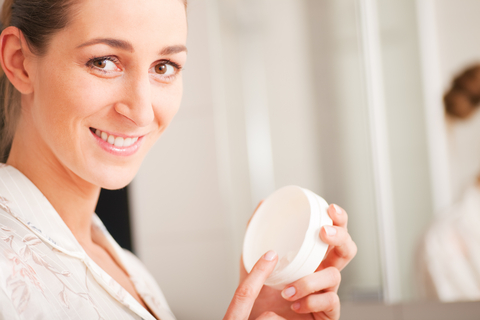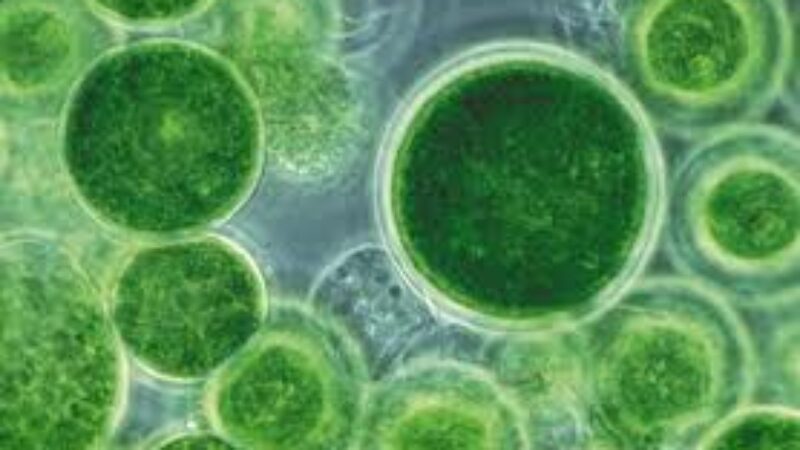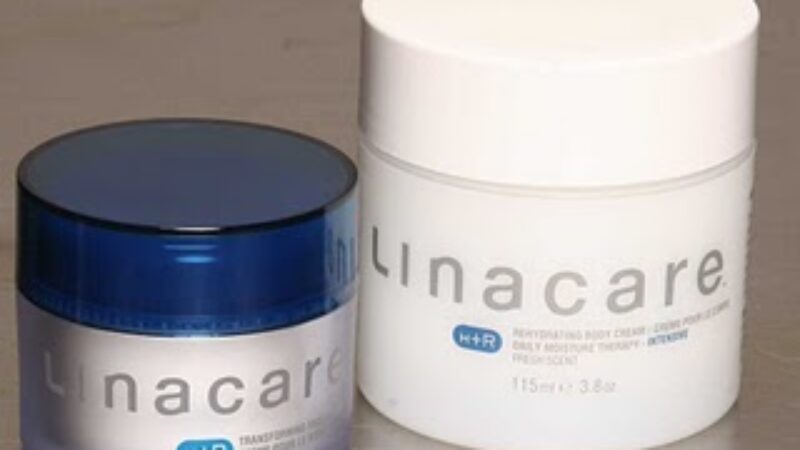When it comes to alcohol in skin care products, is it good or bad for your skin?
You may instinctively assume that alcohol applied topically is bad for skin. And that’s not surprising, given that when consumed in excess that alcohol causes dehydration. What you may not know is that there are different types of alcohol and while some will cause skin harm, that there are many that are beneficial. What you need to do is to be able to separate the good from the bad.
Alcohols that dry and irritate skin are denatured alcohol, ethyl alcohol, ethanol, methanol, benzyl alcohol, isopropyl alcohol (also known as rubbing alcohol) and SD alcohol. These alcohols can break down the skin’s protective barrier and absorb water from skin leading to dryness. They may also generate free radicals leading to skin damage. If listed at the top of an ingredient list, the formulation will most likely be difficult to tolerate. If present at the end of an ingredient list, they are probably not found in sufficient concentration to cause much harm.
Beneficial alcohols are known as fatty alcohols. These are produced when fats and oils are chemically reduced. Fatty alcohols may function as emollients or humectants to moisturize skin. They may also possess cleansing properties and may be added to formulations to thicken them. Fatty alcohols include cetyl alcohol (generally vegetable derived), lanolin (from sheep’s wool; not tolerated by sensitive individuals), stearyl alcohol or cetearyl alcohol.
Separate the good alcohols from the bad when reading labels. Not all alcohols are bad and some can deliver significant benefit to skin.





So cetyl alcohol stearl alcohol and cetearyl alcohols are ok in skin care lines even though they are waxy? Do we really need then in products?